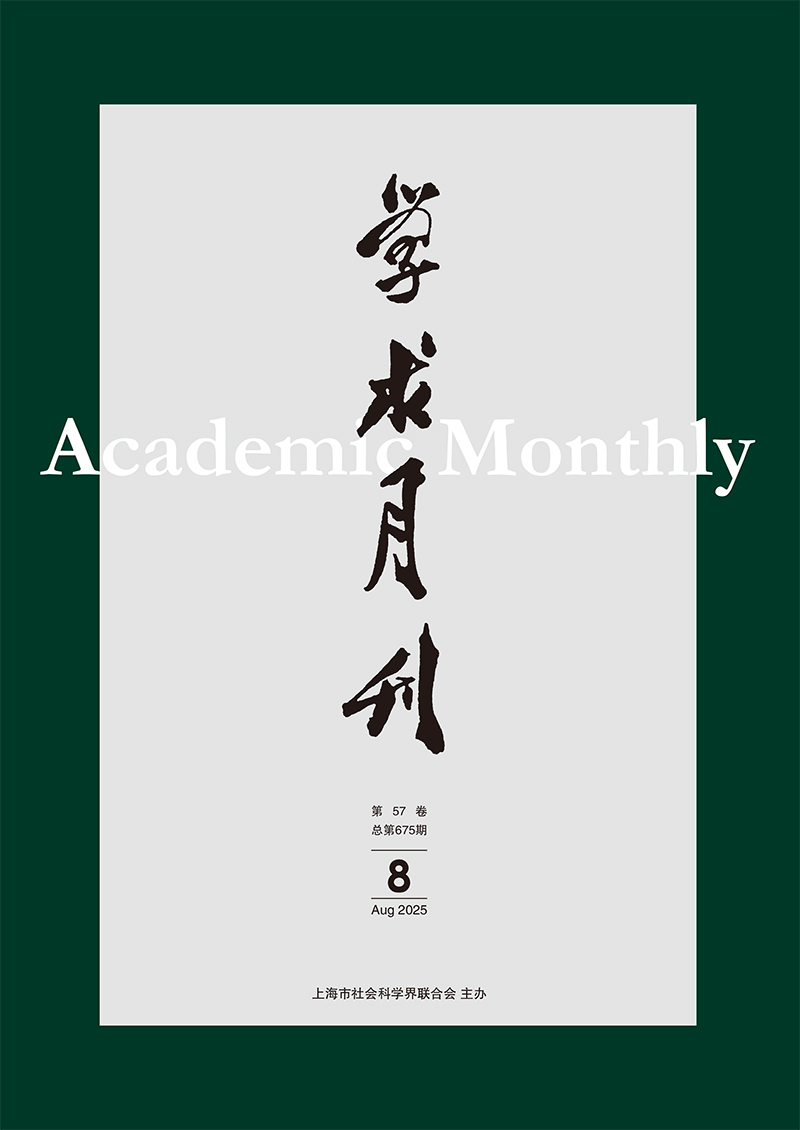Intelligence Failure: Revisiting the U.S.Economic Policy toward China (1942—1947)
Abstract: Around the end of World War II, the U. S. government conducted specialized investigations into China's post- war economic plans, which served as a key basis for formulating its economic policy toward China. The aim of the U. S. government was to integrate China into the U. S. -led post-war international economic order, with cultivating China as a market for American goods and capital, a source of raw materials, and a regional power that could replace Japan's economic position in Asia, developing a trilateral trade network involving the U. S., China, and Southeast Asia, and competing with Britain for economic dominance in China as well. However, rivalry between the State Department and presidential envoys fragmented the objectives of U. S. economic policy toward China and diluted the effectiveness of economic aid as a policy tool. Intelligence biases further led to misjudgments regarding policy implementation- overestimating the ability of U. S. assistance to counteract nationalist trends while underestimating the challenges of imposing a free-market economy in post-war China. Moreover, the failure to attract significant private American investment meant that U. S. government aid became the primary means of economic intervention, which was then appropriated by the Nationalist government and state-owned enterprises. This inadvertently fueled the expansion of state capitalism in China, exacerbating the contradictions between U. S. policy means and objectives. Ultimately, internal divisions within the U. S. intelligence apparatus and cognitive biases were critical factors contributing to the failure of America's post-war economic policy toward China.



 沪公网安备 31010102003103号
沪公网安备 31010102003103号 DownLoad:
DownLoad: